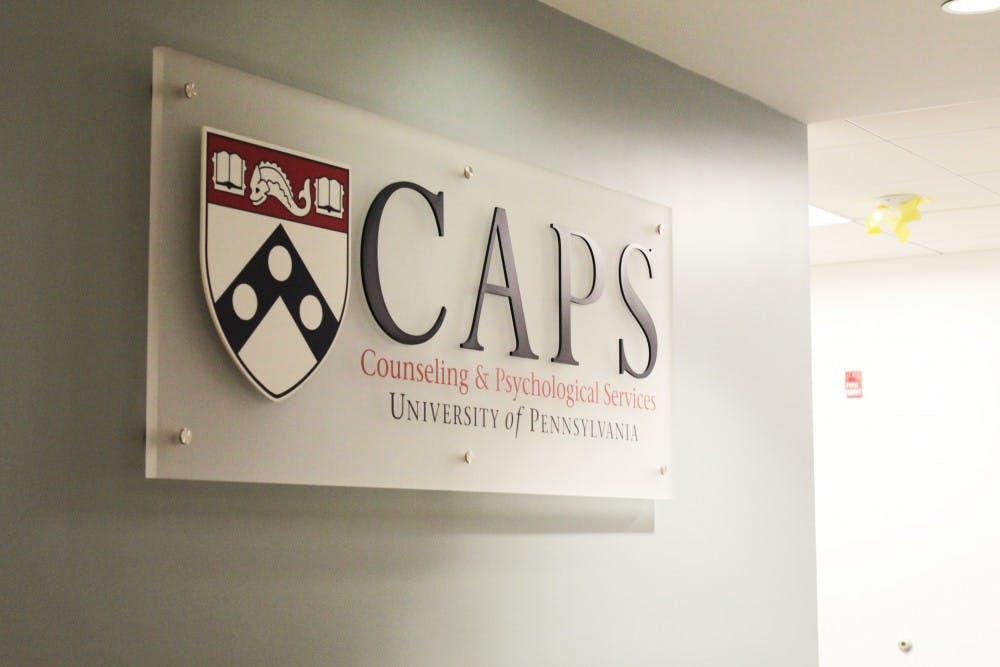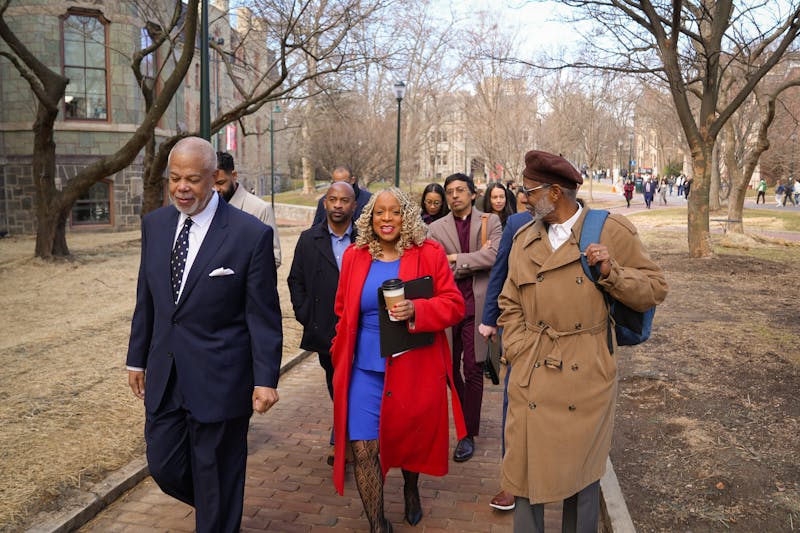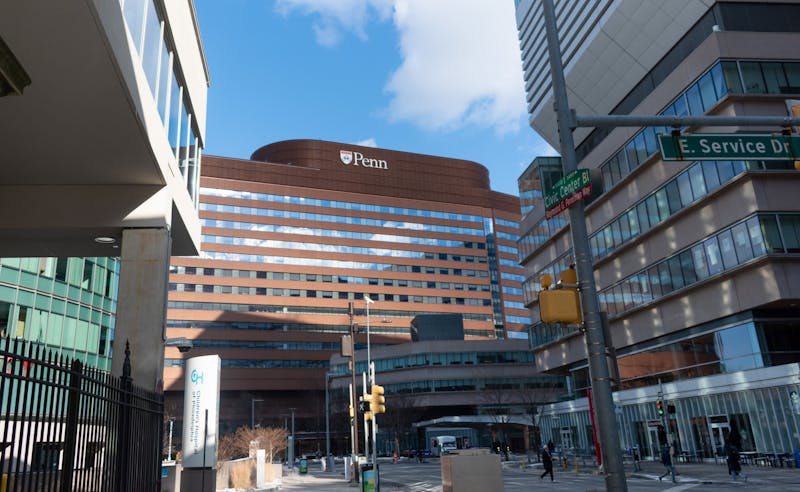
Counseling and Psychological Services at the University of Pennsylvania is in the process of hiring four new staff members to extend its hours to evenings and weekends and to expand its outreach by placing full-time clinicians in professional schools.
CAPS expects to adopt this new schedule by the end of the spring semester and has already placed full-time staff members in the School of Dental Medicine and School of Veterinary Medicine.
After a successful six-week trial period last spring, when CAPS remained open Saturdays on an emergency-basis, CAPS Director Dr. William Alexander submitted a proposal to the University to add hours on Saturday from 10 a.m. to 3 p.m. and to extend hours to 7 p.m. on the 3 weekdays that currently close at 5 p.m. In September, the University granted permission to hire four new full-time staff members to help staff the additional hours, and to serve as CAPS contacts in the professional schools.
“The way we did [the trial period] was that the CAPS staff was simply working more hours, and that was not a sustainable solution,” Alexander said. “But everybody recognized that it was a good thing, so that’s when I wrote the proposal and the Provost’s office and the Vice Provost’s office agreed that we should find a way to fund this in a permanent way.”
In looking for additional staff members, Alexander and CAPS Director of Outreach and Prevention Services Dr. Meeta Kumar said they are committed to hiring counselors that reflect the demographic diversity of the student body. The field of psychology is largely dominated by white women, Alexander said, so the search for male or minority counselors that are still equally qualified might take more time.
“We need diversity, just like we have diversity in the student body,” Alexander said. “So we try at CAPS to at least mirror the student body in terms of demographics, and right now we pretty much do mirror the student body, [but] that’s not by accident. You have to work at that.”
A key aspect of the four new staff members’ work will focus on expanding the reach that CAPS has on Penn’s campus. This “embedded model” of bringing CAPS to students, rather than making students go to CAPS is one that has been widely adopted by counseling centers throughout the country.
So far, one of the four staff members has been hired and currently works full-time in the Penn Dental School. She had previously worked part-time for CAPS, which made the transition easier. A CAPS staff member also just began working full-time in the Penn Vet School. Alexander said he is working with the Penn Law School and Penn Medicine to gauge the demand for a full-time CAPS staff member in those professional schools.
“These expansions, not just in the hours but also in our model of service delivery, highlight the sensitivity to students’ schedules, to student need and just making it as accessible and easy as possible for students to connect with mental health services with CAPS in a variety of different ways,” Kumar said.
Alexander said there is some discussion about bringing CAPS staff to student undergraduate groups, as well. By bringing CAPS to the students, he said he hopes CAPS will become familiar to the student body.
“CAPS is not an abstract concept anymore. It’s a real, live person who is a clinician, who you can identify with, and it just gets a lot more real,” Alexander said. “It helps us and the students because it can dispel myths and break down stigma. You begin to see the clinician not as a spooky man, but as a real person.”
The Daily Pennsylvanian is an independent, student-run newspaper. Please consider making a donation to support the coverage that shapes the University. Your generosity ensures a future of strong journalism at Penn.
Donate






